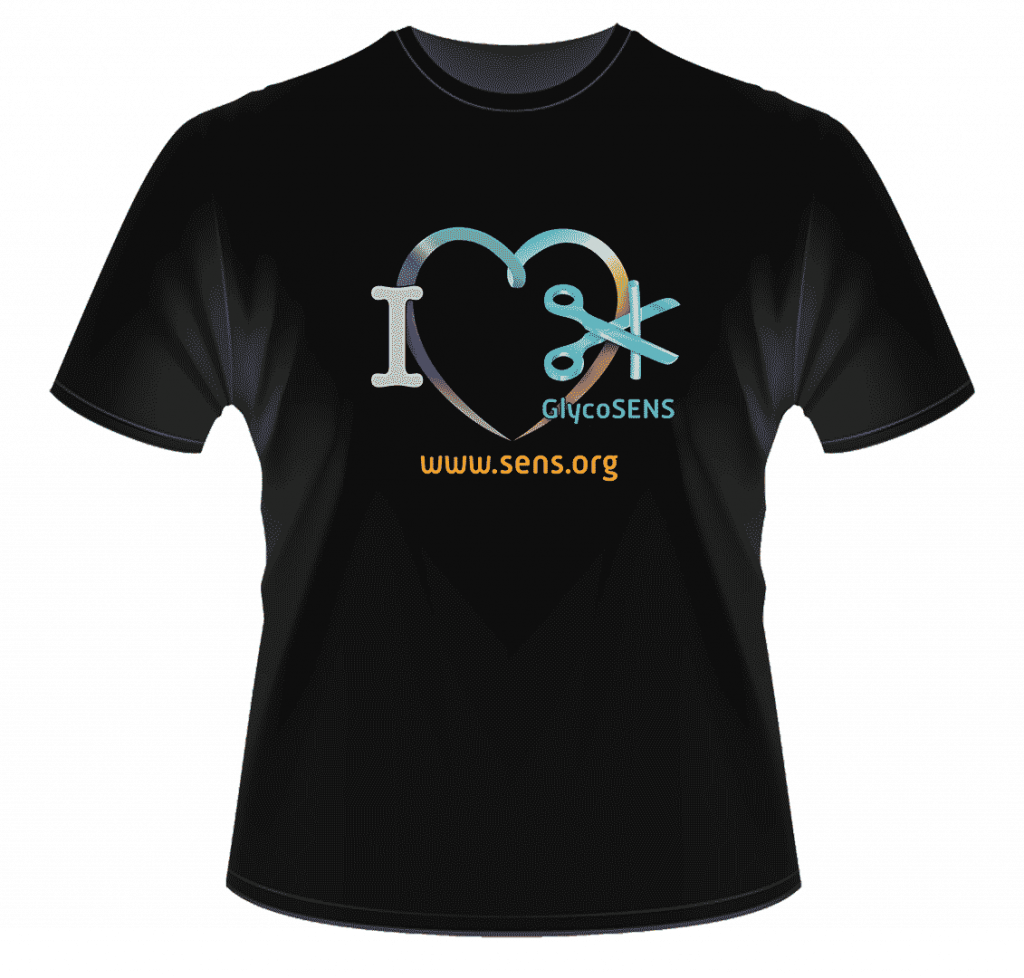GlycoSENS
Repairing the Extracellular Matrix
2022 End of Year Campaign
Week FOUR
Challenging Stroke
No Damage Left Unchallenged!
SRF GlycoSENS NFTs!

Example of a sample data feed that will constitute the NFT:
In collaboration with digital artist
Earn SENS tokens for every donation…
…then use your tokens to vote – and the strand with the most support will receive a new RFP (Request for Proposals) for 2023!
Why GlycoSENS:
When we think about what makes us tick, we think about cells. But those cells would be nothing more than human pond scum spread out over the earth’s surfaces if they weren’t shaped, supported, and in signaling networks with the meshwork of biological proteins known as the extracellular matrix, or ECM. The ECM shapes the heart’s four chambers and the familiar outlines of our kidneys and livers. And it’s the flexible, functional tubing that carries blood from the pumping heart out to the lungs to gather life-giving oxygen, and then back to the heart, where yet more ECM proteins distribute oxygen and nutrients to our brains, muscles, and inner organs — even the heart itself. But the ECM becomes damaged with aging, stiffening our hearts so they can’t pump effectively, and making our arteries less flexible. The loss of elasticity in our arteries causes our blood pressure to rise, and robs them of their ability to buffer the delicate structures of our kidneys and brains against the pounding pulse.
The ECM is the scaffold and support that binds our bodies together and sculpts and signals how our cells behave. Like the frame of a house, when it breaks down, everything else falls down with it. Hold it together: support GlycoSENS!
GlycoSENS: Ask Me Anything:
With Dr. Jonathan Clark & Michael Rae
This week's Life Noggin video:
Disease Focus: Stroke
Stroke is the number three killer worldwide, responsible for the deaths of over six million people a year. And that’s only the beginning of the misery it causes: survivors can suffer changes in their emotions and personalities, and lose the ability to walk; to see; to control their bladders; to express their feelings and thoughts in speech. And even if controlled, their muscles can become weak, and their hands or feet are too numb for everyday use. Damage to the nerves controlling yet other organs can also leave survivors more vulnerable to pneumonia and pressure sores.
Like all diseases of aging, there is no one cause of stroke. But the most important factor that accelerates vulnerability to strokes and acutely triggers them is the age-related rise in blood pressure — and that, and the stiffening of the arteries, is substantially down to damage to the arterial ECM. Support GlycoSENS, and restore the brain’s protective buffer!




